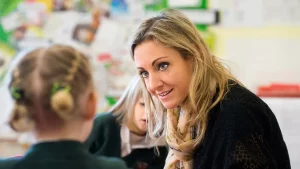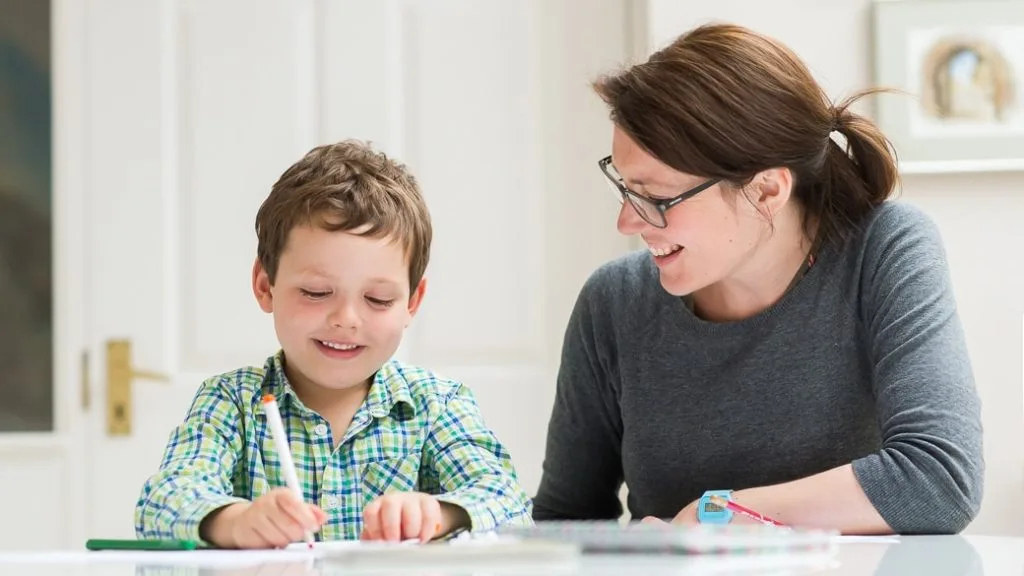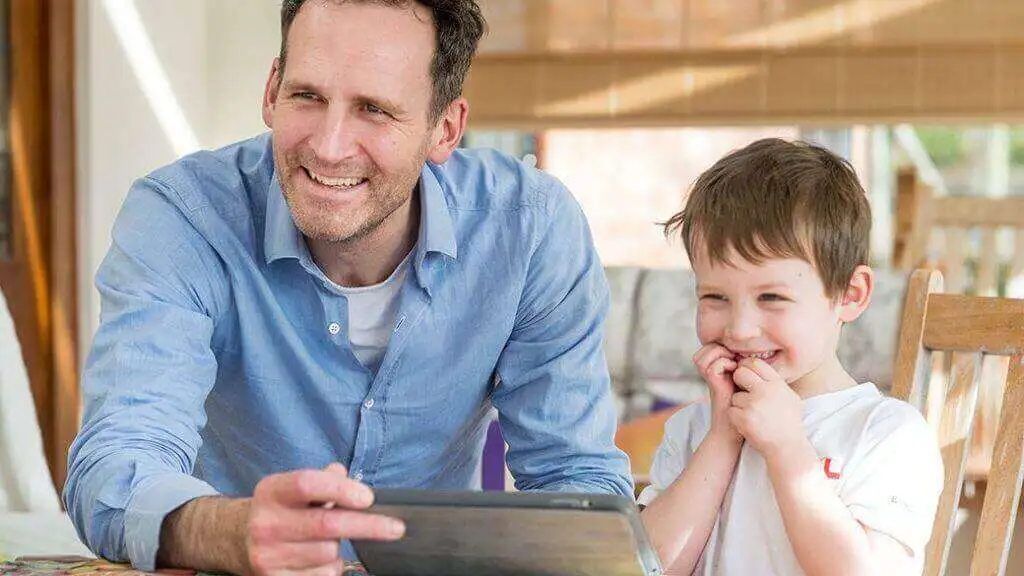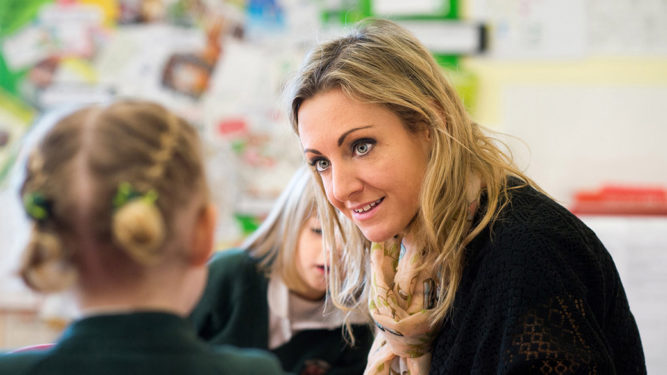In this article, experienced school entrance tutor and qualified teacher Ali, explains the best way to approach family interviews.
How to approach a family interview
Some schools, such as North London Collegiate School (NLCS), have family interviews. This is much more likely for younger entry points e.g. 7+.
The aim of a family interview is to put the child at ease. Schools want to see children acting as naturally as possible. Family interviews can feel daunting, but often parents report that both they, and their child, really enjoyed the experience.
It is helpful to consider what additional information schools think they can gain from a family interview. The most obvious is to observe family dynamics and see how the child interacts with their parents. Schools also use it as an opportunity to see if parents have been overly preparing children, coaching them on what to say, and encouraging them to learn answers. This is likely to be determinantal and puts the child under unfair pressure.
Top Tip: Don’t ask your child to prepare or learn answers. The interviewer will be noticing how confident and genuine the student comes across.
It’s a conversation
A good school interview should feel like a conversation rather than a test.
So, the most useful thing you can do to prepare is talk to your child and give them opportunities to share their thoughts and ideas. This will develop their conversational confidence – a useful life skill, rather than just interview practice.
Try to ask open questions. ‘How was your day?’ is likely to elicit a one-word answer. ‘What…?’ tends to encourage longer responses e.g.
What was the best part of your day today?
What is the most interesting thing you learnt/discovered today?
What made you smile today?
What was the most challenging thing you faced today?
What do you wish you did less of today?
What are you looking forward to tomorrow?
Try using similarly framed questions for longer term or bigger ideas e.g ‘What do you think is the most important thing to learn in school?’ Make sure that you share your thoughts too, and encourage family members to ask each other questions so it does not feel like an endless interview for the child.
Work in interview type questions to your everyday discussion. Instead of asking a child to list their hobbies, talk about hobbies you had at a similar age and ask your child how these differ from their hobbies. Talk about what is important to you as a family and find out what they value the most about family life. What traditions do you have? Tell them about traditions you had growing up. What is a typical weekend? What does everyone like most about this?
Practice with Family Games
Lots of well-known family games can be really good for promoting discussion, enhancing critical thinking and developing vocabulary. For example:
Would you rather? Why?
Questions can be related or not, they can be good choices or bad choices. E.g. Would you rather have the power of flight or the power of invisibility? Why? Would you rather have money or fame? Why? Would you rather live 100 years ago or 100 years in the future? Why? Would you rather eat a worm or a mouse? Why?
Don’t say yes
One player answers questions (but without saying yes). Other players try to trick them e.g. Is your name … Rather than say no, the responder has to think of clever ways to answer e.g. My name is indeed …
Who am I?
One person decides who they will be and doesn’t tell the others. The others must guess using only Y/N questions e.g. Are you famous? Try to guess in 20 questions or less.
Never-ending sentence
This practises the use of conjunctions – it is helpful to brainstorm conjunctions before you start. Each player makes a statement followed by a conjunction, the next player keeps it going in the same way e.g.
Once upon a time there was a spy but …
she was not a very good spy despite …
years of training since …
Teach your child to listen to others
In an interview, listening is as important as talking. Active listening means listening with your whole body: upright, open body language, still hands and feet, eye contact, minimising interruptions, and focused brain. I have always liked this mnemonic to help younger children to remember these skills: legs, lap, lips, look, listen.
Play with your child
Playing with your child is also a great way to encourage them to talk about their likes and dislikes. Encourage them to narrate what they are doing and talk about the choices they are making. Share your observations e.g. ‘I notice that you often want to organise your toys in a certain way. Can you tell me about this?’ Schools often talk about learning through play – help your child identify how their play helps them learn. Are they repeating or rehearsing social scenarios? Are they experimenting and estimating e.g. with capacity through water play?
Read together
Read them stories and encourage them to make predictions and ask questions. Allow time to discuss what you have read. Were there any themes that came up e.g. friendship or trust? How did the characters treat each other? What strengths do the characters have? What appealed about the story? Is there anything they would change?
Top Tip: Talk to your child, ask them their opinion and share yours, play with them, read stories together and discuss these.
Do your Research
Either with or without your child research the school.
What are the school values? What words and phrases are used repeatedly in the school’s communications? What is the school looking to develop in students (and therefore, what might they be looking for in prospective students)? This also helps you identify if it is a good fit with your own values and priorities.
If a school says it aims to develop a love of learning, think about the ways you do this, or could do this at home. If a school prioritises independence and resilience, think about responsibilities you can give your child and be mindful of times when you might want to ‘rescue’ them or do something for them.
Top Tips Before and During the Interview: Schools want to know who your child really is. So before the family interview, help them to relax and feel comfortable; prompt them just to be themselves; and encourage them to have fun. During the interview give your child time to respond; don’t rush in to prompt and don’t answer for your child.













Start the discussion!